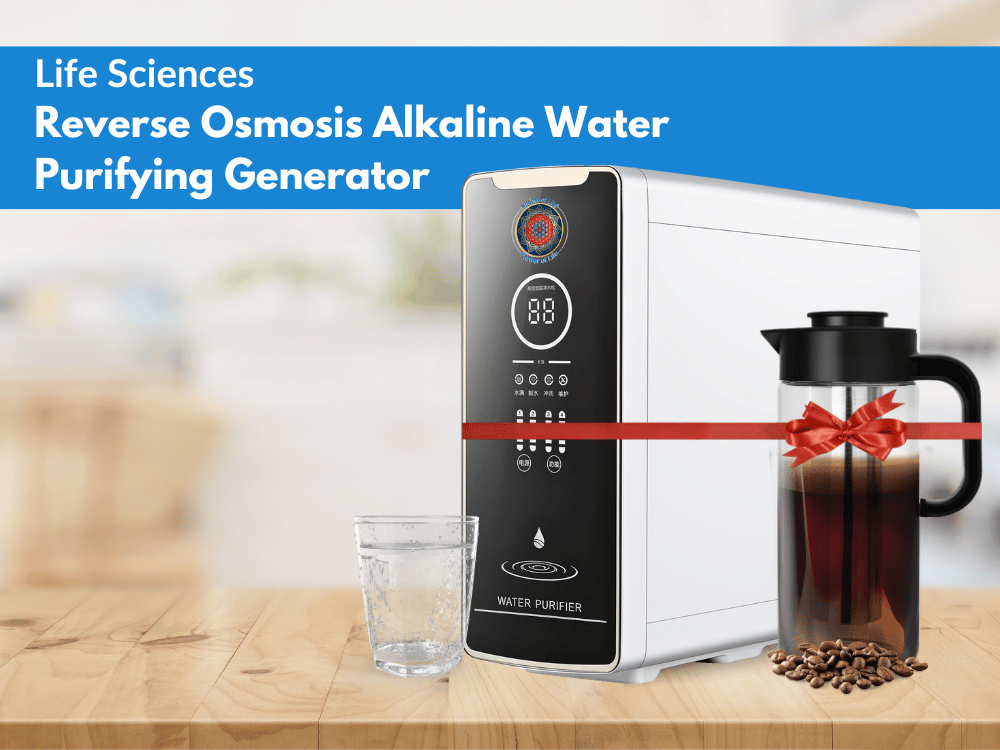Clean and Safe Drinking Water:
Clean and safe drinking water stands as a cornerstone of human existence, fulfilling our basic needs while safeguarding our overall well-being.
The Concern of Phthalates in Tap Water
Recent times have witnessed a surge in concerns regarding the influence of environmental elements on human health. Particular attention directed towards synthetic chemical contaminants lurking in tap water, potentially wreaking havoc on fertility. Among these compounds, phthalates have emerged as a focal point. They draw significant scrutiny due to their capacity to disrupt hormone systems, posing threats to both male and female reproductive health.
Phthalates: What They Are
Phthalates, recognized as endocrine disruptors, constitute a group of chemicals extensively utilized across various sectors. These chemicals span from plastics and household commodities to personal care articles such as cosmetics and fragrances.

Understanding the Ubiquitous Presence of Phthalates
Renowned environmental toxicologist, Dr. Jodi Flaws, underscores the pervasive nature of phthalates, accentuating their prowess in interfering with hormone functions within the body, with the reproductive system bearing a heightened vulnerability to their effects.

Delving into Research: Insights from Carmen Messerlian
At the forefront of unraveling the ramifications of phthalates on reproductive health stands epidemiologist Carmen Messerlian. Her prolific investigations, predominantly conducted at Harvard University's T. H. Chan School of Public Health, consistently underscore the detrimental impacts of certain phthalates on both genders.
Sources of Exposure to Phthalates
- Consumer Products and Runoff: Phthalates find extensive application in personal care items and consumer goods, with runoff from products like vinyl flooring and plastic toys acting as conduits for these chemicals to infiltrate water sources.
- Landfills and Waste Sites: Phthalate contaminants persist in the environment, seeping into soil and groundwater through rainwater runoff from landfill products.
- Agricultural Runoff: Pesticides and herbicides containing phthalates utilized in agriculture can wash into nearby water bodies during irrigation or rainfall.
- Domestic Sewage: Household products like detergents and cosmetics introduce phthalates into sewage systems, subsequently seeping into water sources.
Impacts on Male and Female Reproductive Health
Messerlian's seminal work indicates a correlation between elevated phthalate concentrations and diminished sperm counts and motility in men. This underlines significant concerns regarding male fertility. Similarly, women face heightened risks of fertility issues, miscarriages, and preterm labor owing to elevated phthalate exposure levels during pregnancy.
How to reduce Phthalate Exposure: Action Required
Advanced Water Treatment: Employing methodologies such as activated carbon filtration and reverse osmosis systems eliminate phthalates from tap water, safeguarding against potential reproductive health risks.

Removing Phthalates from Tap Water:
Removing phthalates from tap water requires advanced water treatment methods.
Activated Carbon Filtration: Activated carbon filters can effectively remove organic contaminants, including some phthalates, by adsorption. These filters are commonly used in household water pitchers and faucet attachments.
Reverse Osmosis (RO): RO systems use a semipermeable membrane to remove a wide range of contaminants, including phthalates. They are highly effective but may produce wastewater.
Check out our range of Reverse Osmosis products and discover the perfect solution for your water purification needs. Click here
Whether you're looking for cutting-edge technology with our Life Sciences Reverse Osmosis Alkaline Water Purifying Generator or seeking budget-friendly options like our 5 STAGE REVERSE OSMOSIS SYSTEM, we have the ideal system to fit your requirements.
Plus our Ro systems can make your water alkaline and add essential minerals to it
Conclusion
In light of the discernible threats posed by phthalates to fertility, concerted efforts from both the scientific community and the public are indispensable. By adopting proactive measures to curtail phthalate exposure and fortify water treatment protocols, we can strive towards a future where reproductive health remains uncompromised.

